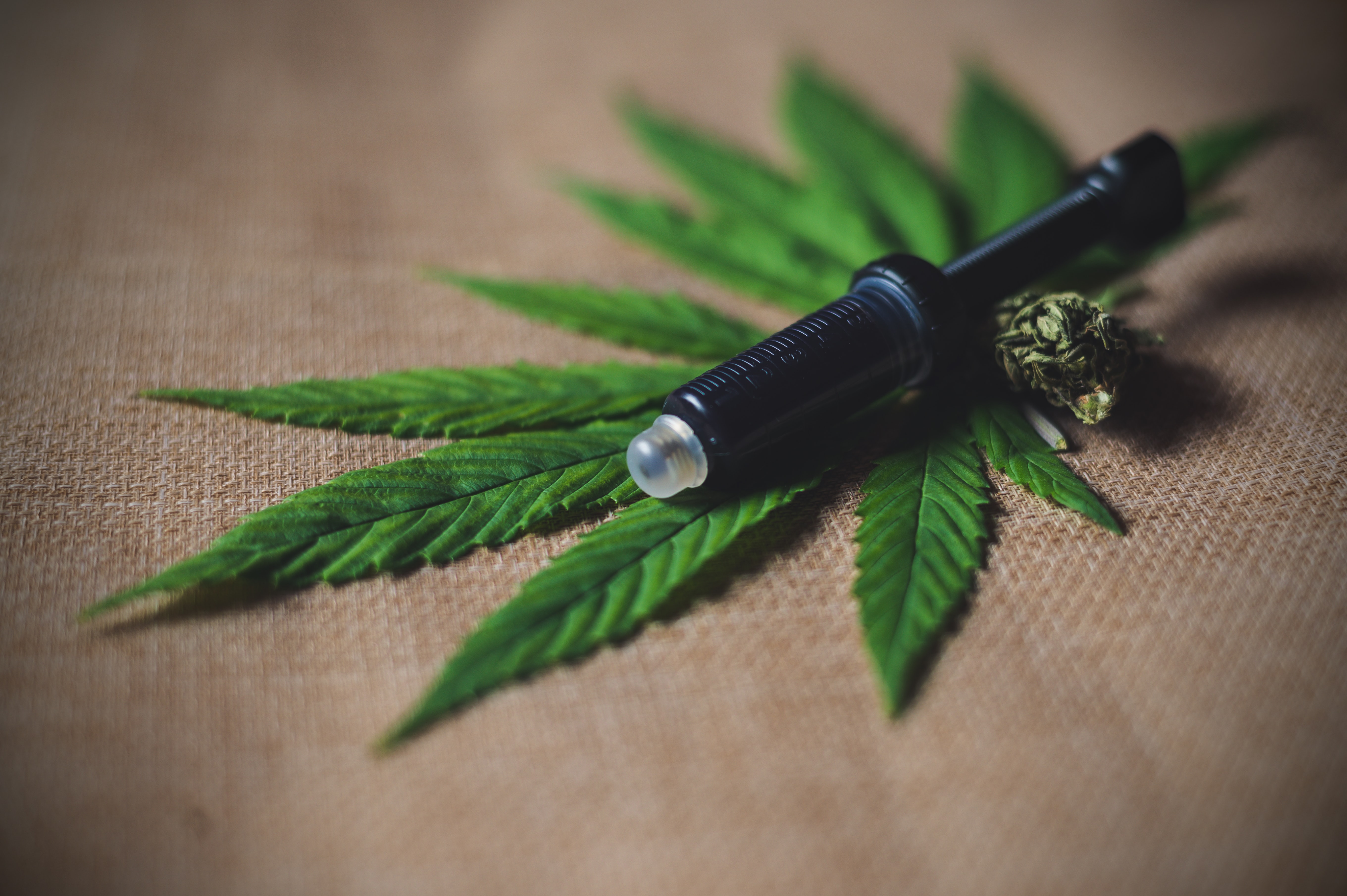Is Cannabidiol Addictive?

CBD itself does not appear to be addictive, although heavy cannabis use may increase dependence risk in some people. Research on CBD’s long-term effects is, however, still in its infancy.
The potential benefits of UK cannabidiol (CBD) continue to be explored by researchers, healthcare professionals, and academics. Cannabis sativa contains over 400 chemical compounds, including CBD, a cannabinoid.
CBD does not possess the psychoactive properties of its counterpart, delta-tetrahydrocannabinol (THC). It is possible, however, for people to wonder whether CBD is addictive.
As part of this article, we examine what the research says about CBD’s addictive potential.
Is CBD Addictive?
CBD does not appear to have addiction-related effects on its own. The reason may be that CBD does not produce intoxicating effects.
Several well-controlled human experimental studies have shown that CBD is not addictive, according to a 2017 WHO Pre-Review Report. In a small 2016 study of 31 adults, active THC produced substantial physical and psychological effects, such as euphoria and rapid heart rate, but CBD did not.
In addition, CBD performed similarly to a placebo when it came to self-reported feelings of intoxication. THC users, on the other hand, reported feeling euphoric and sedated after consuming the drug. CBD is not only non-addictive, but it may even help treat drug abuse.
CBD may reduce the likelihood of developing cocaine and methamphetamine use disorders, according to preliminary evidence. Relapse prevention may also be aided by it after a period of detoxification and sobriety.
Effects of CBD
The use of CBD does not produce the ‘highs’ associated with cannabis, and it may be able to treat a wide range of medical conditions. The use of CBD as an alternative treatment for epilepsy has been extensively researched.
Reduces epileptic seizures
72 children and 60 adults with treatment-resistant epilepsy received 5–50 milligrams of CBD per kilogram of body weight (mg/kg) daily in a clinical trial from 2018.
CBD treatment reduced seizure frequency by at least 25% for two-thirds of participants, according to the researchers.
As of 2018, Epidiolex, the first pure-CBD anti-seizure treatment, has been approved by the Food and Drug Administration (FDA). Epidiolex has been approved by the FDA to treat rare forms of epilepsy, such as Dravet syndrome and Lennox-Gastuaut syndrome.
According to the FDA, patients with Dravet and Lennox-Gastaut syndromes who took Epidiolex along with other seizure medications had fewer seizures than those who took a placebo and other seizure medications.
Might reduce anxiety
Anxiety might also be reduced by CBD. Researchers should conduct additional high-quality controlled trials to verify these findings, however, because current research shows conflicting evidence.
Researchers examined CBD’s effects on 72 adults with anxiety and sleep problems in 2019. Participants reported reduced anxiety symptoms and improved sleep quality within the first month of treatment.
Prior to giving a speech, 60 adults without a history of anxiety, mental illness, or drug dependence received 100, 300, or 900 mg of CBD or a 1 mg dose of clonazepam.
Taking 300 mg of CBD before, during, and after public speaking significantly reduced social anxiety scores. When CBD doses of 100 and 900 mg were taken, anxiety levels remained high. CBD had no physical effect on blood pressure or heart rate, unlike clonazepam.
Relieves chronic pain
CBD extract from hemp was found to reduce neuropathic pain in mice in a 2020 study. The CBD use of 400 people with chronic pain and mental health conditions was also examined in a recent study. CBD use resulted in improved quality of life outcomes for the participants.
Furthermore, CBD use was not associated with significant side effects, according to the researchers. Sleep and appetite were reported to have improved among participants.
One 2020 review suggests cannabis-based treatments may offer an alternative to opioid-based pain medication. Most studies, however, use a combination of THC and CBD, according to the authors. This makes it difficult to assess CBD’s pain management benefits alone.
Other effects of CBD
CBD may also have the following potential effects, which have only been demonstrated in animals and need to be explored further:
reducing inflammation
regulating the immune system
suppressing nausea
inhibiting cancer
Side effects and risks
The FDA has approved only one CBD product, that is Epidiolex. Even so, the FDA warns that CBD may have side effects, including:
drowsiness
loss of appetite
diarrhoea
liver injury
fertility problems
Prescription medications, alcohol, and illicit drugs may interact
While CBD does carry some risk of adverse side effects, the authors of one 2017 review suggest that the most commonly reported side effects, such as drowsiness, diarrhoea, and appetite changes, are not as severe as side effects associated with other drug treatments for epilepsy and psychosis.
Summary
Chronic cannabis use may increase the risk of dependence, but one might get addicted to CBD. Though cannabidiol addiction is not proven. There is preliminary evidence that CBD may be helpful in treating substance use disorders.
The research is still in progress. CBD has been shown to be effective in treating severe forms of childhood epilepsy, however. CBD may also help reduce anxiety and chronic pain, according to current research. To thoroughly investigate CBD’s potential medical applications, large-scale, high-quality clinical trials are needed.